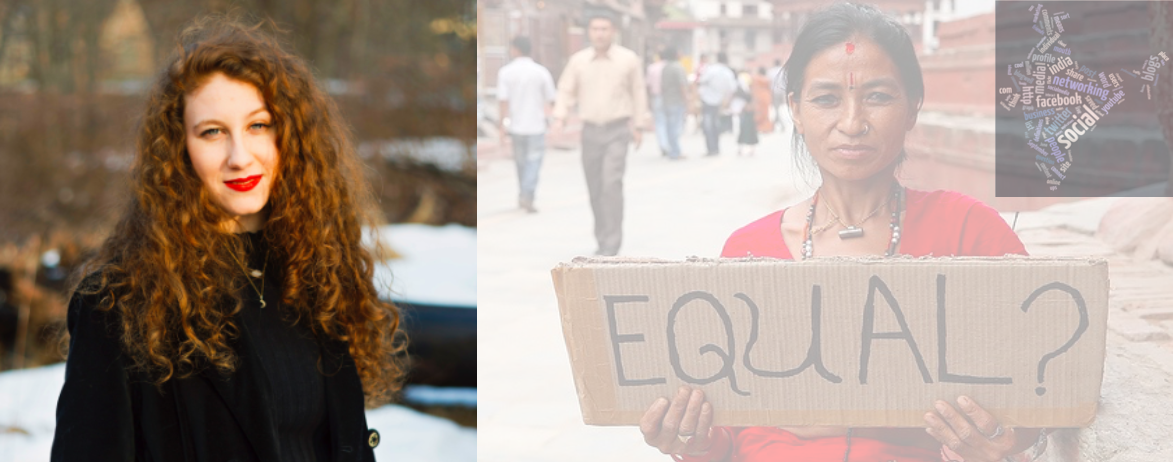I advised Brielle Leibman’s ethnographic honors thesis entitled, “Eat, Pray, Love: Situating Gender, at a Dhurpad Gurukul Within and Beyond India” during the 2015-2016 academic year at William Paterson University.
I met Brielle with other bright students in the Popular Music and Genre Study I and II course sequence, required courses that I designed for the Popular Music Studies Program. In those courses, I introduced students like Brielle to the histories and current trends of ethnomusicology, the anthropology of music, cultural studies, as well as an array of studies of popular culture/music in relation to ethnicity, race, gender, class, nationality, globalization, and generation. In addition to this, the students learned basic ethnographic fieldwork methods in preparation for final projects at the end of the course sequence.
In her junior year, Brielle asked me to advise her upcoming thesis project. At that time she was preparing to travel with other students to Bhopal, India to study Dhrupad, a vocal genre in Hindustani classical music. We agreed that an ethnographic descriptive analysis of the social context of the musical training there would provide a rich example of her coursework with me over the years. Upon her return, we had several FaceTime meetings about what had been the most salient example of social activity related to her experience learning music in India, as well as her growing interests in pop music, gender, and social media. She identified key differences in how young Indian men treated Brielle and her white female classmates in person in India verses how they were treated by the same men through online social media after their return to the U.S. Brielle’s analysis traced how Facebook messages between her classmates and the Indian men, emphasizing explicit and demanding expectations for exclusive long distance relationships in ways that the men withheld in India where they were calmly chivalrous to and protective of Brielle and her classmates, poeticized the current state of gender in India and the local and global effects of popular culture and globalization on both the operative imaginations of white women and Indian men and women in the late postcolonial moment.
